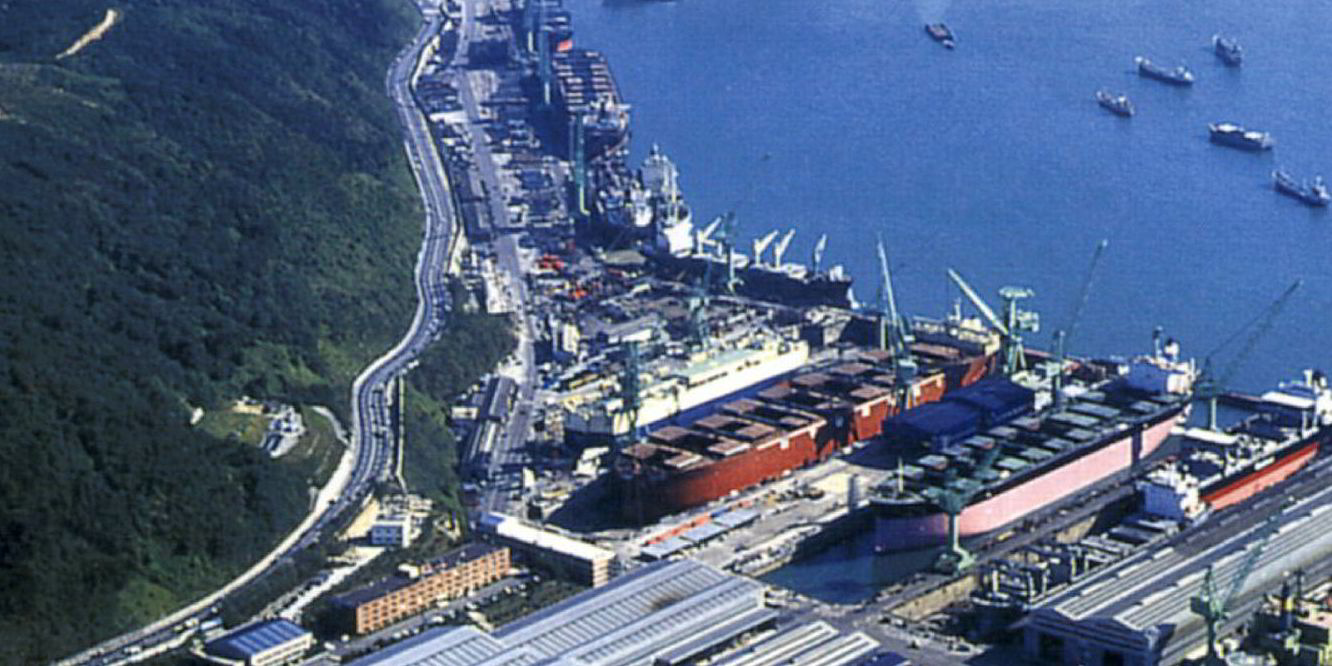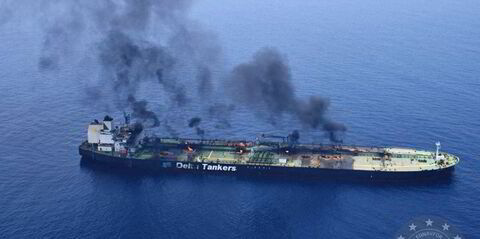Proman Shipping, the maritime transport arm of Switzerland-headquartered chemical producer Proman, is expanding its tanker fleet to handle its shipping requirements as the group's new plants come online.
Proman — the world’s second-largest methanol producer and a top-10 producer of ammonia — mainly fulfils its shipping needs through a time-chartered fleet, according to managing director Anita Gajadhar.
Its fleet has grown over the past year to 12 MR vessels time chartered from third-party owners for various period lengths, backed up by ships taken on voyage charters and contracts of affreightment.
The fleet expansion has come as a 50:50 joint venture between Proman and OCI commissioned a 1.8-million-tonne-per-annum methanol plant in Beaumont, Texas, in June last year.
New fertiliser plant
Looking to 2019, Proman is investing more than $1.23bn to build a fertiliser plant in Topolobampo, Sinaloa. The plant, which will be Proman’s first in Mexico, has a planned production capacity of 2,200 tonnes of ammonia per day that is largely aimed at the domestic market.
“We will also seek to expand the fleet in the future, depending on the business we plan for the group,” Gajadhar told TradeWinds.

As part of Proman Shipping’s fleet, a 50,000-dwt newbuilding is due for delivery from Hyundai Mipo Dockyard this month. Such newbuildings are being considered for future expansion, while taking ownership is a possibility, according to Gajadhar.
“In the future we will consider newbuildings," Gajadhar said. "Whether we do that as a time charterer, or purchase the vessel, it’s too early to say.”
Future challenges
Capable of carrying chemical and petroleum products, Proman Shipping’s fleet is also well positioned to take advantage of the expected freight market upturn in the coming quarters.
The unit manages its commercial activities from Wollerau, Switzerland, while receiving operational support from the group office in Trinidad and Tobago. Roughly 80% of its shipments are for group cargoes, but Proman Shipping also goes through chartering brokers for any third-party cargoes, Gajadhar said.
That said, Gajadhar points out that Proman set up the shipping unit in March 2018 for streamlining group operations rather than a play on the freight market.
“We restructured some of our business activities over the past year,” Gajadhar said.
She added that “we moved vessels previously held by different [group] companies” under Proman Shipping.
As a cargo owner with shipping needs, Gajadhar said Proman is more concerned about the IMO 2020 rules and US-China trade tensions rather than freight play.
Under the new IMO regulations, vessels will need to switch to more expensive 0.5% sulphur fuels from high-sulphur fuel oil from 2020, unless vessels are installed with scrubbers.
Major challenge
“The major challenge for the shipping industry will be, towards the end of 2019, how we deal [with] the sulphur regulations,” Gajadhar said, adding that the increases in fuel expenses would have implications on shipping and chemical markets.
Moreover, Gajadhar suggests global trade flows have been altered by the tensions between China and the US, arguably the two most important countries in petrochemical trades in terms of production and consumption volumes.
This has brought uncertainty, with Gajadhar saying “it will take at least six to 12 months before we can make a firm conclusion” on the impact of tariff wars.





